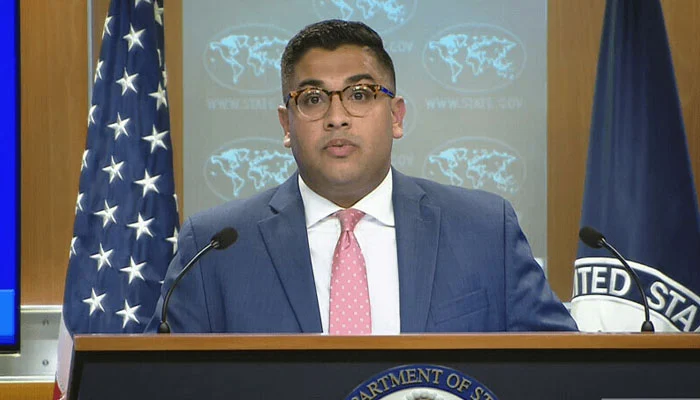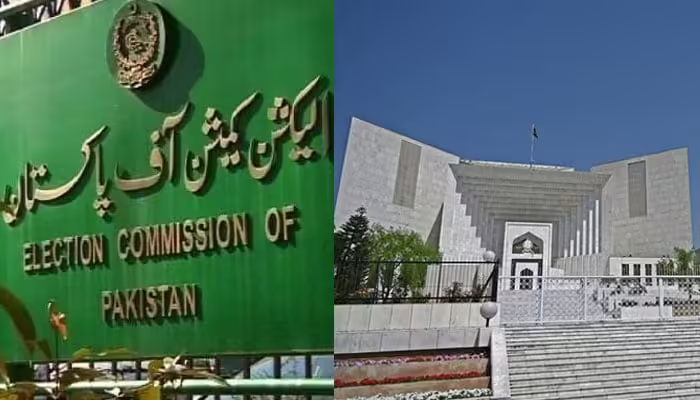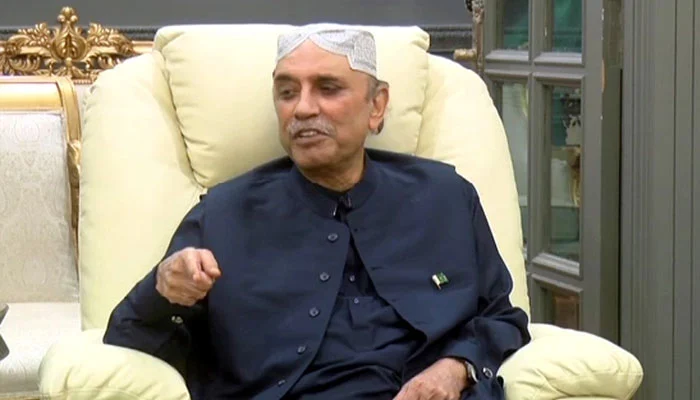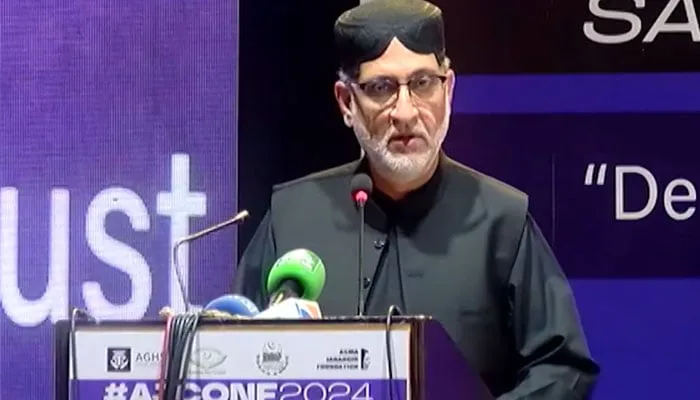During a press briefing in Washington, U.S. State Department spokesperson Ned Price underscored America’s commitment to the principles of free and fair elections in Pakistan. Price made it clear that the United States is not taking sides or expressing preferences regarding specific candidates or political parties. Instead, the focus is on supporting the Pakistani people in their pursuit of genuine democratic representation.
Ned Price highlighted that it is not for any foreign entity to determine the representation of candidates or political parties in Pakistan. He reiterated the importance of Pakistan’s democratic processes being driven and determined by the will of the Pakistani people. The United States respects the sovereignty of Pakistan and is dedicated to ensuring that the upcoming elections are conducted in a transparent and unbiased manner.
The U.S. State Department’s stance is consistent with its broader foreign policy principles, which emphasize the promotion of democracy and respect for the will of the people in various nations around the world. The United States has historically supported democratic transitions and electoral processes in many countries, including Pakistan.
Price’s statements serve as a reminder of the critical role that free and fair elections play in upholding democratic values and ensuring that governments are accountable to their citizens. In the case of Pakistan, the upcoming elections present an opportunity for the Pakistani people to exercise their right to choose their representatives and shape the future of their nation.
The issue of foreign interference or influence in domestic elections has been a subject of international concern in recent years. The United States’ commitment to respecting the sovereignty of other nations and refraining from taking sides in Pakistan’s electoral process underscores its commitment to international norms and principles.
Furthermore, Price emphasized the need for all stakeholders in Pakistan, including political parties, candidates, and election authorities, to work together to ensure a transparent and impartial electoral process. This cooperative effort is crucial in maintaining the integrity of the elections and upholding the trust of the Pakistani people in their democratic system.
The spokesperson also stressed that it is essential to ensure that the elections serve the best interests of the Pakistani people. This sentiment echoes the belief that free and fair elections are not merely a procedural formality but a means to genuinely reflect the will of the citizens and to promote political stability and inclusivity.
The United States’ position aligns with the global consensus on the importance of democratic elections as a cornerstone of good governance and political stability. Free and fair elections contribute to the legitimacy of governments and provide a peaceful avenue for the resolution of political disputes.
It is worth noting that Pakistan has a history of transitioning between civilian and military rule. Each election in the country is a significant event, as it not only shapes the political landscape but also impacts regional and international relations. Therefore, the commitment of the United States to a transparent and impartial electoral process in Pakistan is not only a reflection of its respect for democratic principles but also a recognition of the broader implications of these elections.
The U.S. State Department’s spokesperson, Ned Price, has reiterated America’s commitment to the principles of free and fair elections in Pakistan. The focus is on supporting the Pakistani people’s right to determine their own democratic representation, with the United States refraining from taking sides or expressing preferences. This stance reflects the broader foreign policy principles of promoting democracy, respecting sovereignty, and upholding international norms. It also underscores the significance of transparent and impartial elections as a crucial aspect of democratic governance and political stability in Pakistan.



